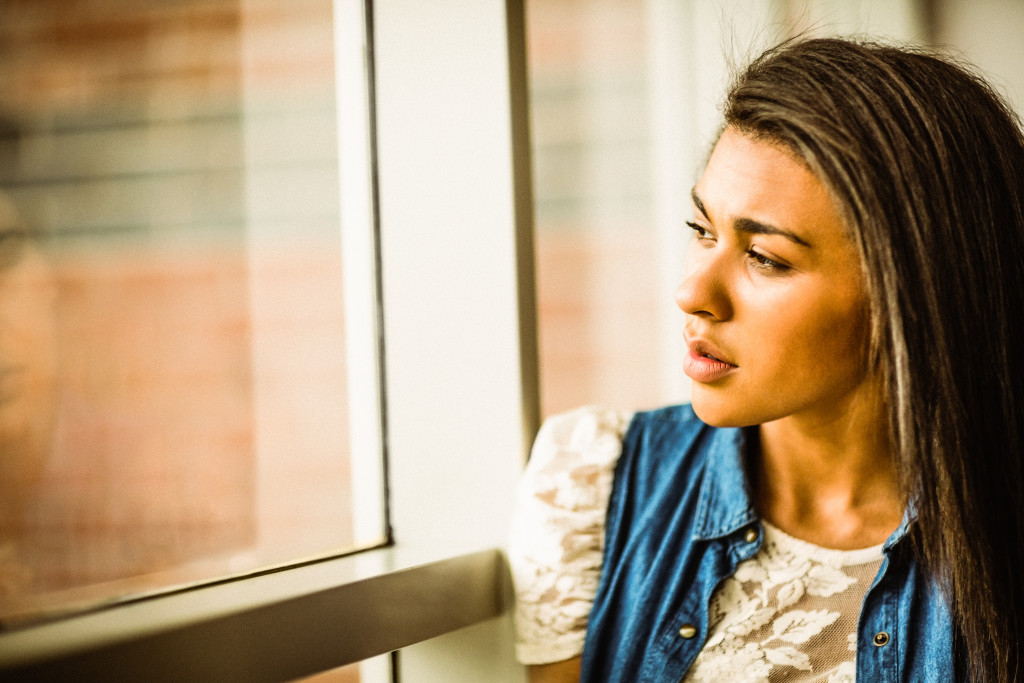We are in the midst of the greatest health crisis since HIV (human immunodeficiency virus). The last time the world saw a respiratory illness of this severity was in 1918 when a very aggressive strain of influenza swept across the world. Today we are squarely in the middle of the COVID-19 pandemic. Millions of Americans will be infected and many thousands will die. With diligent attention to social distancing we can reduce the severity of this wave of infections.
What Can PAH Patients Do?

I am asked many times each day by my PAH patients, “What can I do to protect myself?”. The answer is the same regardless of whether you have PAH, diabetes, asthma or any other chronic medical problem.
- Practice social distancing. Take this very seriously. Stay home. Connect with friends, children and grandchildren by phone and Facetime.
- Minimize trips to the store. It is OK to ask friends or family to go to the store for you. If you do have to go to the store, plan your trip. Make a list and have it out when you enter the store. I carry a small container of hand cleaner or wipes in my pocket. I have my credit card or cash taken out of my wallet so that I don’t have to dig around my wallet. Wear a mask (this protects others from you and if they do the same, it protects you from them). Clean the cart off with wipes provided by the store. Don’t touch your face. Once you load your groceries into your car, clean your hands before getting into the driver’s seat. When you get home, unload the groceries and then wash your hands.
- Take your medications regularly. The last thing you need is for you PAH to decompensate because you skipped your medications for a few days. Be mindful of salt and fluid limits.
- Talk to your pharmacist about a three-month supply of your medications. Many pharmacies are even delivering the medications.
- Stay in touch with your PAH team. We are conducting all our care using telemedicine (virtual visits with video and audio). Don’t cancel your visits or postpone them until this crisis passes. Figure out a way for you to get care without going to the office if possible. If you are not feeling well, talk to your team early. Don’t wait for a crisis that might require an emergency department visit. There is no better place to be exposed to COVID-19 than the country’s emergency departments.
- Take care of your mental health. It is easy to get depressed when your social connections and routine are disrupted. Exercise daily. Walking is simple and requires no gym. Get some fresh air every day. Sit outside and have your morning coffee. A walk around the block in the evening is another option.
- Stay connected to your friends and family. Isolation leads to depression. If you are not an expert in technology like Facetime, Skype, Whatsapp, ask for help. I am no techno-wizard and with my wife’s help I am up and running.
- Develop your hobbies. Maybe you used to enjoy drawing or painting. Perhaps you used to write poetry or enjoy gardening. This is the time to rediscover those hobbies.
Should you develop symptoms of COVID-19, talk to your PAH team immediately. Don’t show up in their office unannounced. A call is just fine. If you are not short of breath, then stay at home and isolate yourself from other people in the house. If you are experiencing more shortness of breath than usual then you need to go to the emergency department. Be sure to bring all of your PAH medications and equipment (pumps, extra tubing, inhaled medications, and pills).
Don’t Panic
Most patients who develop COVID-19 will weather the infection. It is critically important that you continue taking your PAH medications. If you are not eating and drinking as much then talk to your PAH team about adjusting your diuretics. Discuss with your PAH team whether you should take any of the experimental medications that are being used to treat COVID-19. None are proven effective, and the majority will likely be shown over time to be ineffective. Don’t take any new medications without talking to your PAH team.
Together, we will get through this challenging time.
